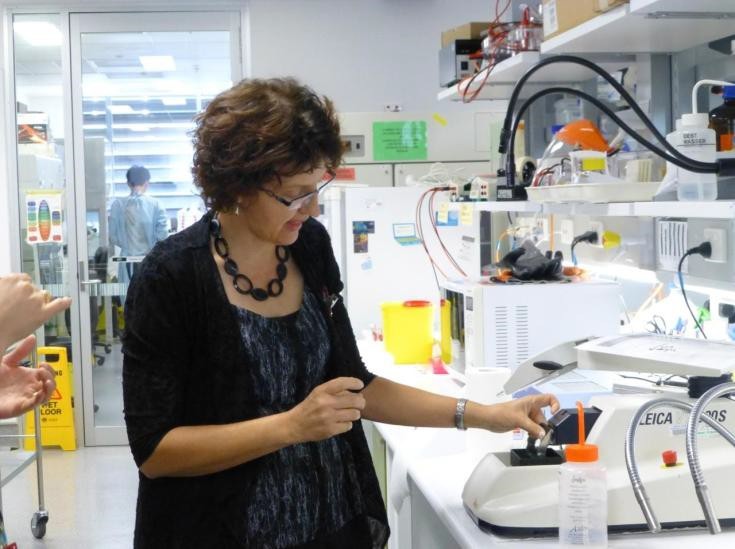Article by – Prof Linda Richards
New finding shows that genes related to autism cause heightened tactile sensation that impacts social behaviour and anxiety
Scientists at Harvard University, USA*, have taken genes that are associated with autism and Rett syndrome (Mecp2, Gabrb3, Shank, Fmr1) and deleted them specifically in either the brain only or only in the sensory nerves of mice. The paper shows that mice with the genes deleted in the brain are relatively normal.
However, mice with the genes deleted in the peripheral, sensory nerves, display heightened tactile sensitivity to gentle touch, but also behavioural changes in sociability and anxiety. Interestingly, these changes are also only evident when the genes are deleted during development but not when they are deleted in adult mice.
Deleting these genes in peripheral mechanosensory nerves decreases inhibition of the nerves’ firing leading to increased activity going to the brain. The findings show the important contribution of peripheral sensory input to behaviours such as social interaction and anxiety in mouse models of human developmental disorders.
This paper provides a link between heightened sensation, often perceived by people with ACC or autism, and changes in behaviour such as social difficulties and anxiety, often experienced by people with ACC and autism. This link could be just a correlation or it could mean that heightened sensation during early childhood could impact the brains wiring leading to behavioural difficulties throughout life.
This is an outstanding study and opens potential new avenues for therapeutic treatment of these disorders, for example by finding ways to decrease sensation to normal levels during early childhood in affected individuals.
*Article reference: Orefice LL., Zimmerman AL., Chirila AM., Sleboda SJ, Head JP., Ginty DD. (2016) Peripheral mechanosensory neuron dysfunction underlies tactile and behavioural deficits in mouse models of ASDs. Cell, 166, 1-15.

